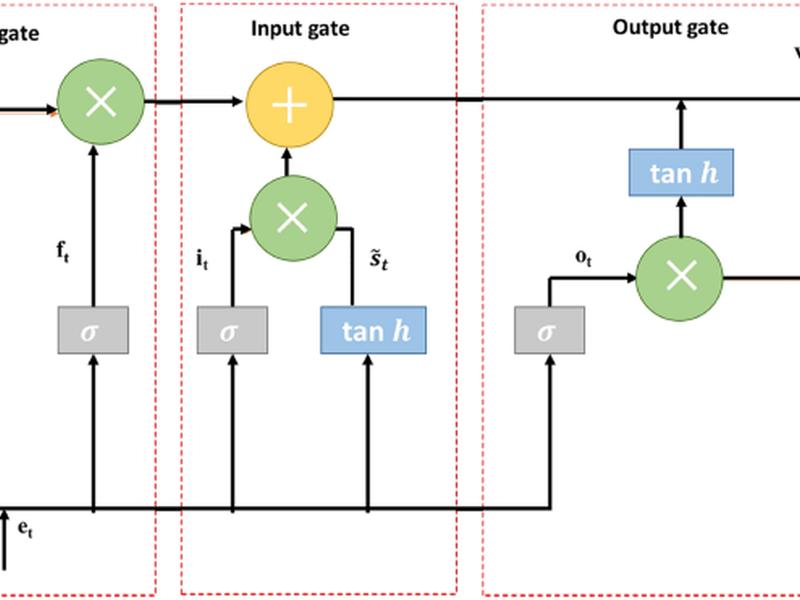EEG-based motor imagery (MI) signal classification is a popular area of research due to its applications in robotics, gaming, and medical fields. However, the problem is ill-posed as these signals are non-stationary and noisy. Recently, a lot of efforts have been made to improve MI signal classification using a combination of signal decomposition and machine learning techniques. This article proposes a transformer-based deep learning neural network architecture that performs motion recognition on the raw BCI competition III IVa and IV 2a datasets. The validation results show that the proposed method achieves superior performance than the existing state-of-the-art methods, with a classification accuracy of 99.7% and 84% on the binary class and the multi-class datasets, respectively.

